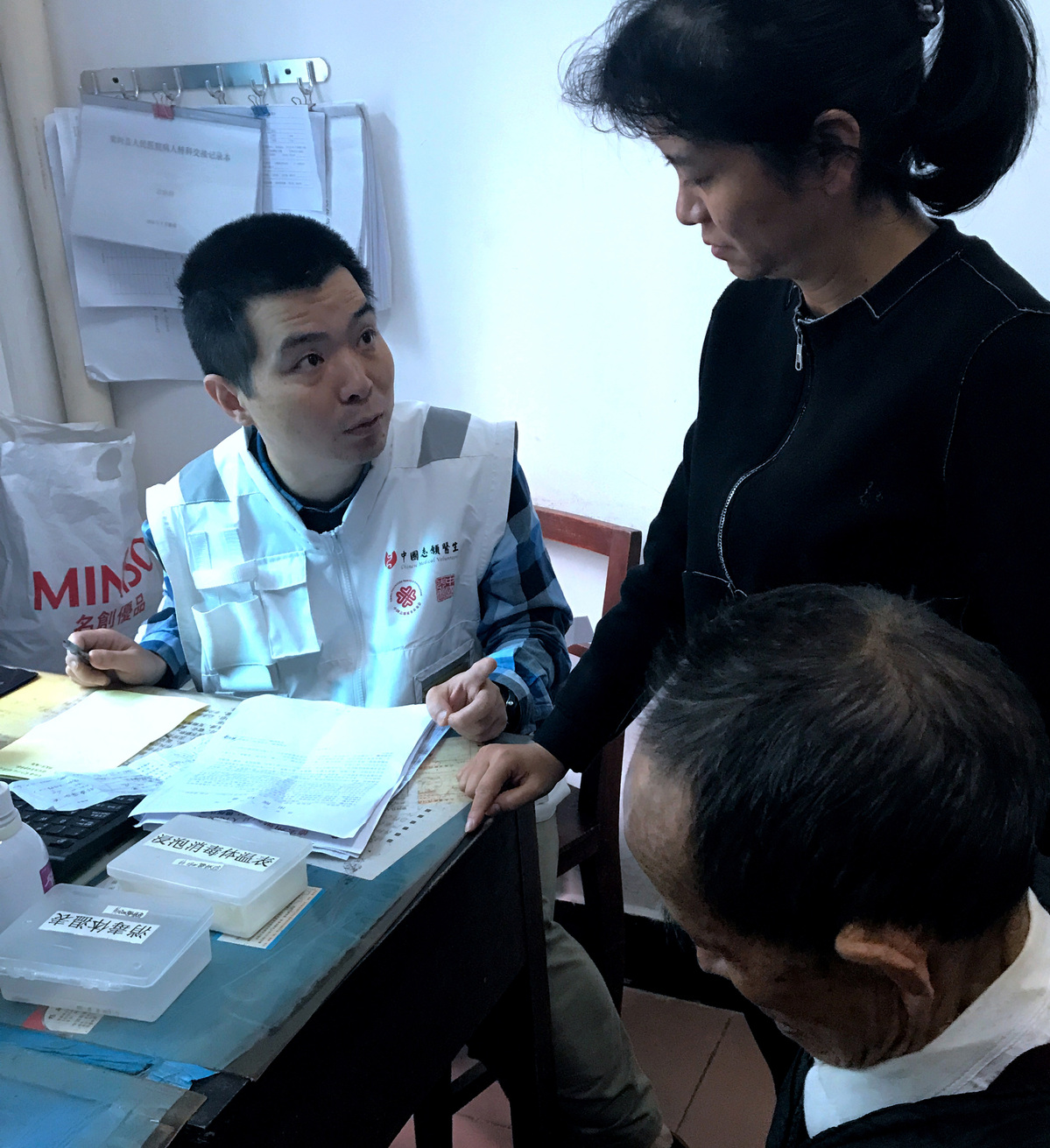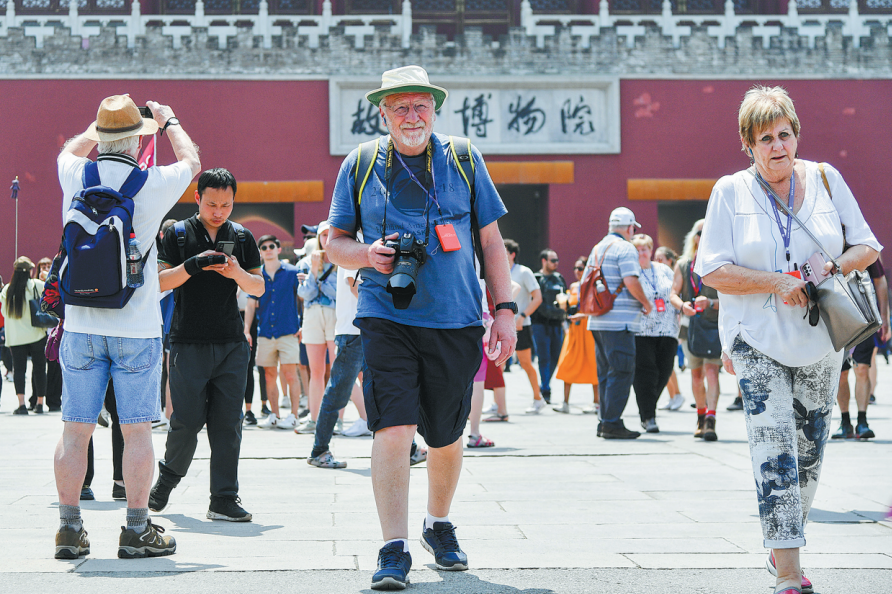Volunteers help to cure ills at home and abroad
By Wang Xiaodong | China Daily | Updated: 2019-02-27 09:55

Poor resource distribution
The uneven distribution of medical resources in China means major hospitals in top-tier cities are crowded with patients from all over the country, while many smaller hospitals and grassroots clinics are shunned because they lack talented doctors.
Xin Hong, a gynecologist at the Second Hospital of Hebei Medical University in Shijiazhuang, capital of Hebei province, said many of the pregnant women with serious conditions she has diagnosed and treated have transferred from lower-level hospitals and clinics.
"I have seen many cases in which a mother or baby has died because of factors such as improper previous treatment," she said.
She added that better training would result in improved diagnosis and treatment at grassroots medical institutions, meaning fewer patients would have to be transferred to tertiary hospitals to receive emergency treatment.
Chen, from Jiangxi Provincial People's Hospital, said that during his first trip as a volunteer to the Dehong Dai and Jingpo autonomous prefecture in the southwestern province of Yunnan at the end of 2017, every hospital he visited in the prefecture and in three nearby counties had a shortage of experienced doctors.
"I think the hospitals are fairly well-equipped, as a result of investment by local authorities. The problem is the lack of talent. In one hospital, I saw an expensive high-end life-support machine, but it just lay idle because no one in the hospital knew how to use it," he said.
Last year, he visited four counties in the southern mountainous areas of Jiangxi, and discovered that their hospitals faced similar problems as those in Dehong.
Initially, Chen just waited to be notified and then went on missions with other volunteers. However, since the middle of last year he has worked as an organizer for the Chinese Medical Volunteer group and tried to recruit new members.
"In Jiangxi alone, there are a number of impoverished counties where we can make a contribution. However, there are only about 30 volunteer doctors in the province," he said.
"Most doctors in big city hospitals are very busy, so voluntary work is only possible during holidays or at weekends. Things would be much easier if we had enough volunteers."
Like most doctors in China, Chen is a full-time hospital employee, so he is unable to move around as freely as he would like.
"Luckily, my seniors at the hospital are supportive of my voluntary role. They always agree to requests if they do not interfere with my work," he said.
"I hope I can visit every impoverished county in Jiangxi within one to two years to get a general idea of the situation, and then I may try to mobilize our volunteer resources to cater to people's needs, so our work will be more targeted and effective."
























